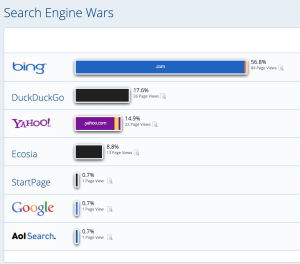What is a Database?
Home | Why would a website use a database? | Why does WordPress use a database? | What is MySQL? | What is postgresql? | What is mongodb? | What…
What are Server-Side Languages?
Home | What is PHP? | What is Javascript (node.js)? | What is python? | What is Ruby? | What is Java? | What is c#? | What is go…
What are Frameworks and Libraries?
Frameworks and libraries are both code written by someone else that helps you perform common tasks in a more efficient, streamlined way. They are fundamental to modern programming, offering reusable…
Webservers
Home | What is a web server? | What is apache http server? | What is tomcat server? | What is nginx server? | What is IIS (internet information services)?What…
Web Technologies
Understanding websites involves knowledge in various technologies and tools, each contributing to different aspects of website development and management. Here’s a breakdown of key areas and the technologies associated with…
Titles, Descriptions, Links, Headers and Text
1. Page Titles: Users: Page titles, like headlines, give users a quick and clear idea of the content on a webpage before they click. They should be concise, informative, and…
Syntactic parsing
Syntactic parsing, also known as parsing or syntax analysis, is the process of analyzing the syntactic structure of a sentence according to the rules of a formal grammar. The goal…
Static vs Dynamic Websites
Home | What is a static website? | What are advantages of a static website? | What is a dynamic website? | What are the advantages of a dynamic website?…
SSL and TLS
SSL stands for Secure Sockets Layer. It’s a security protocol that creates an encrypted connection between your browser and a website. This encryption helps protect your sensitive information, like credit…








